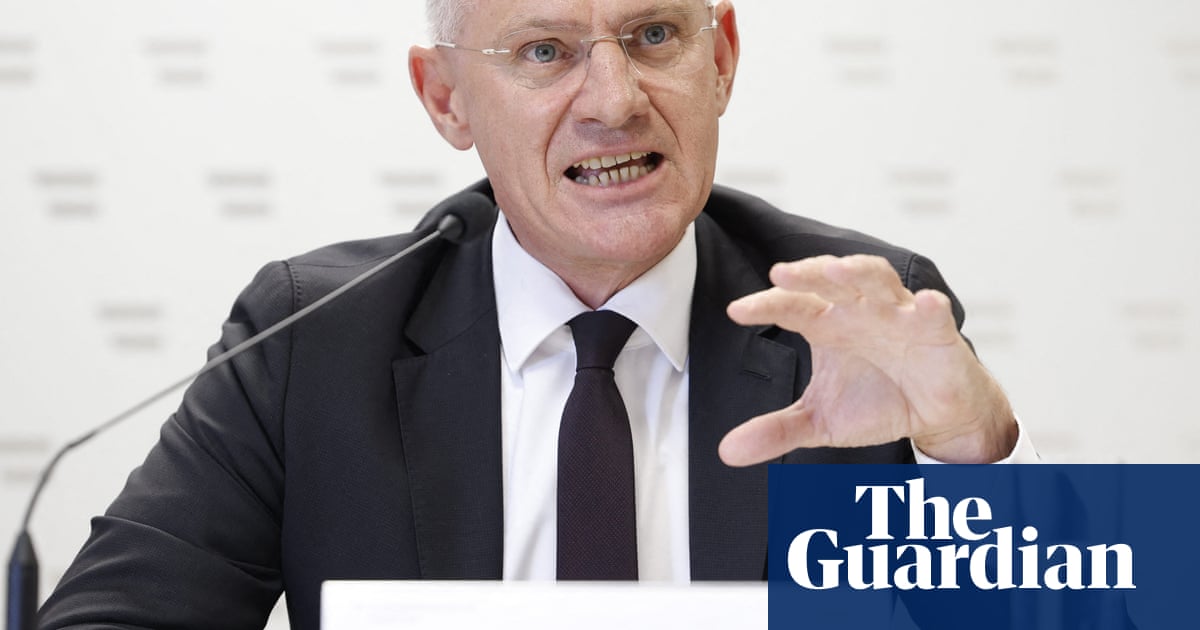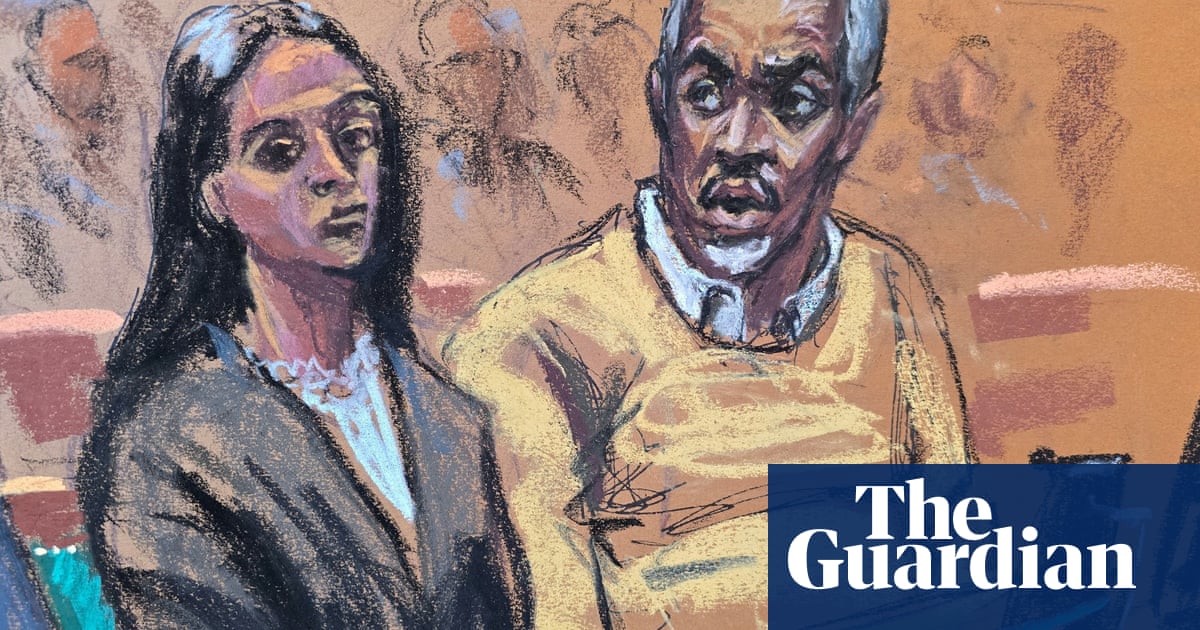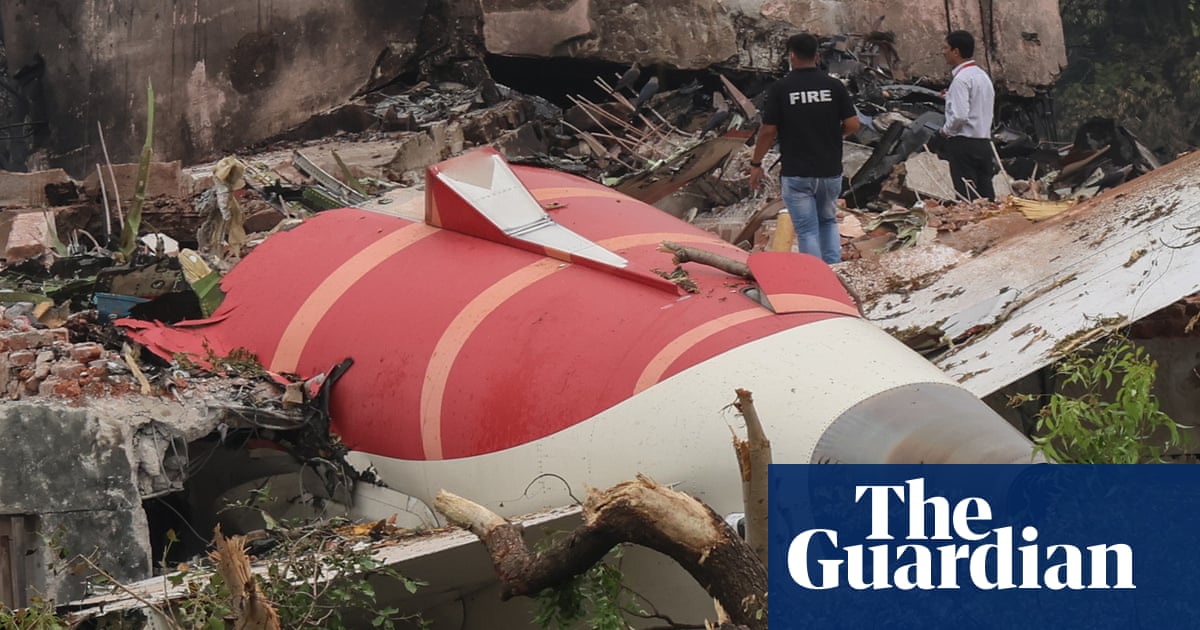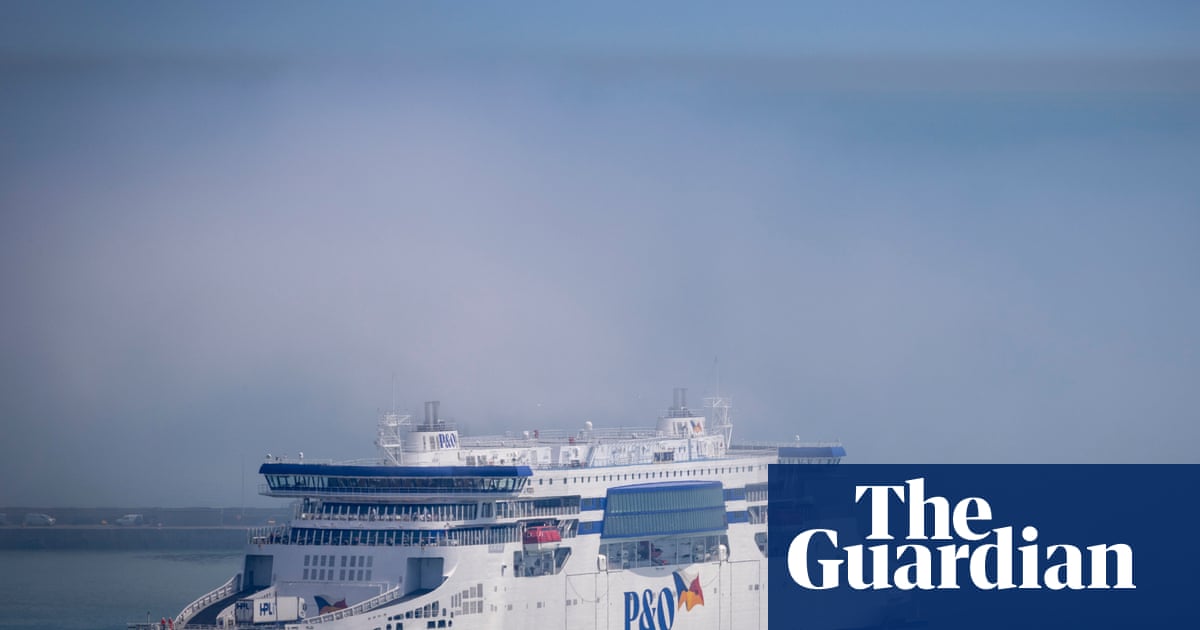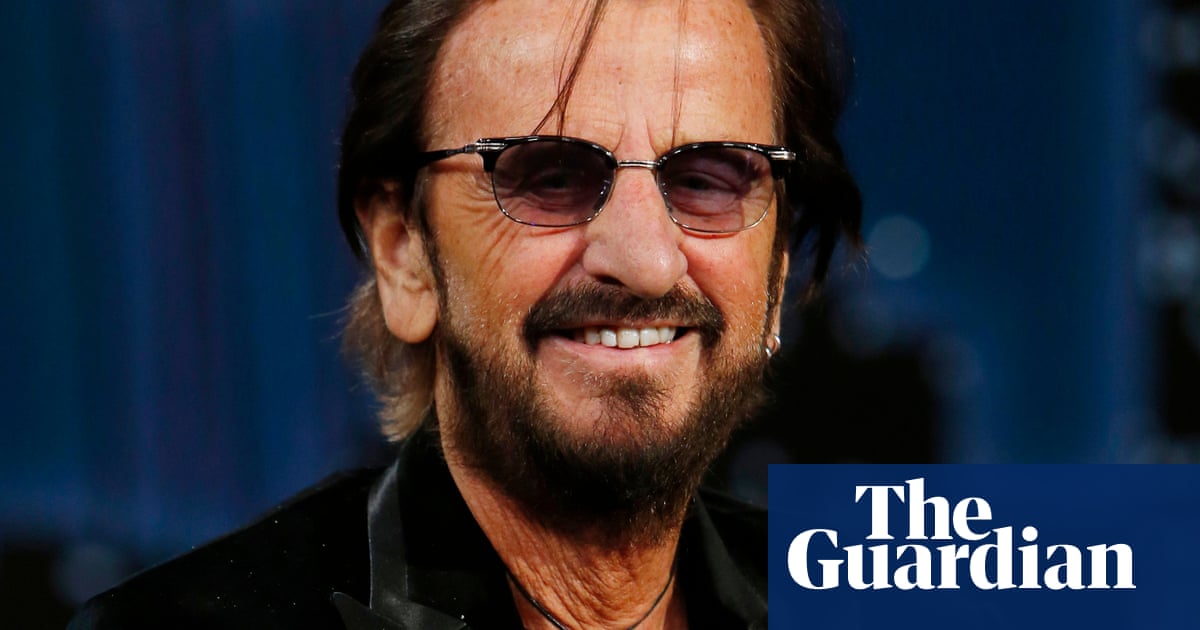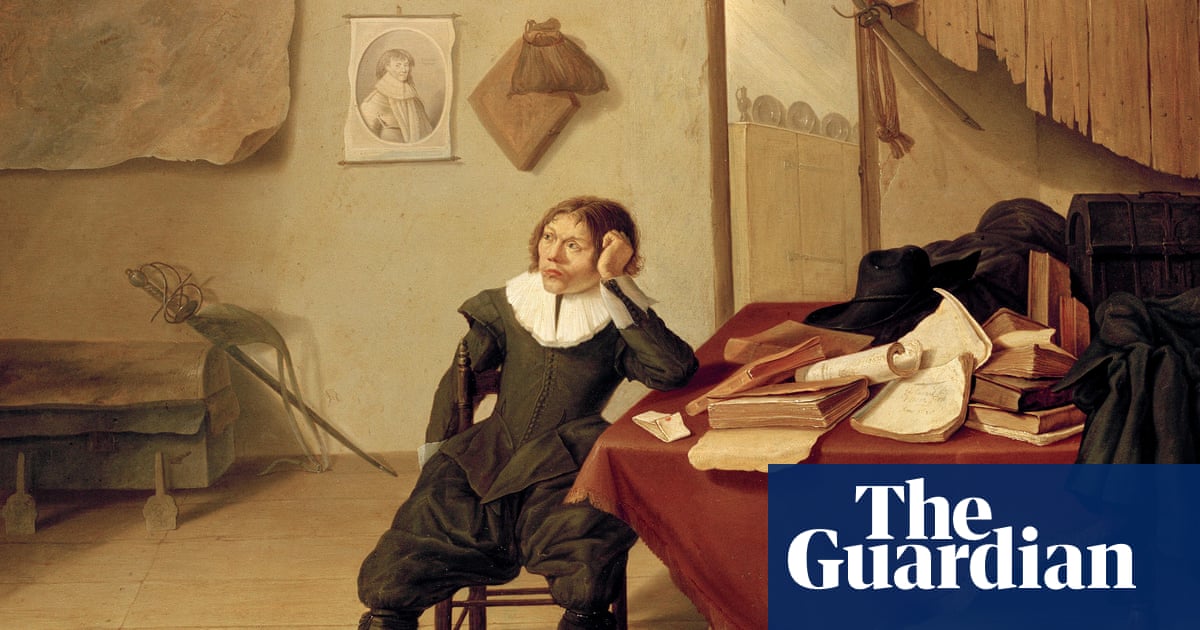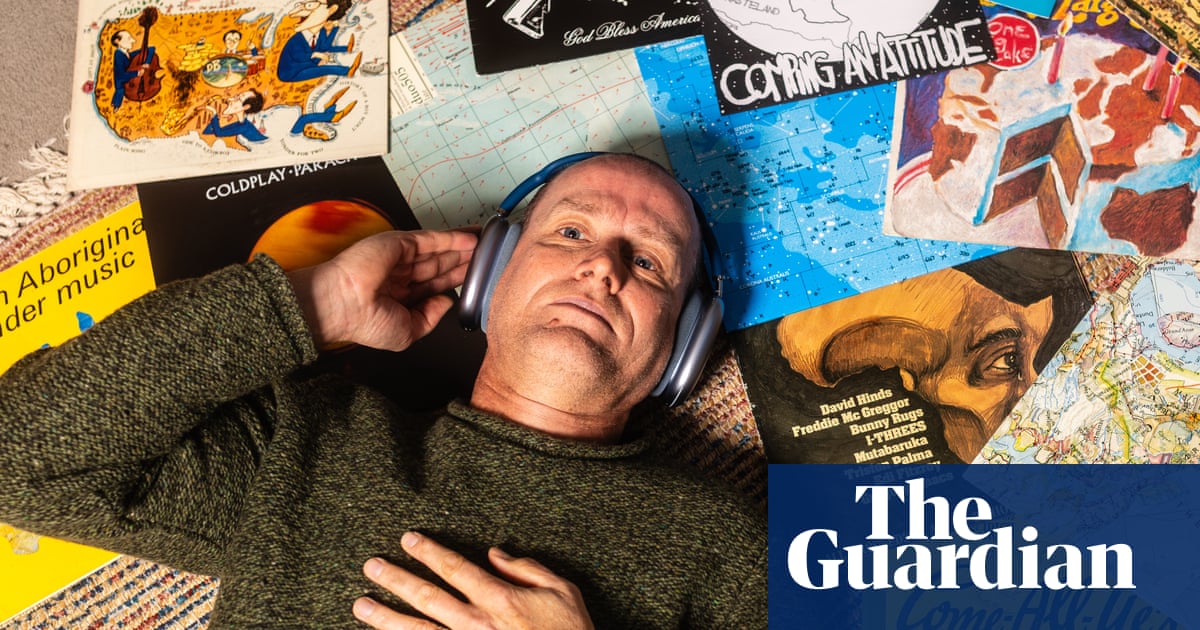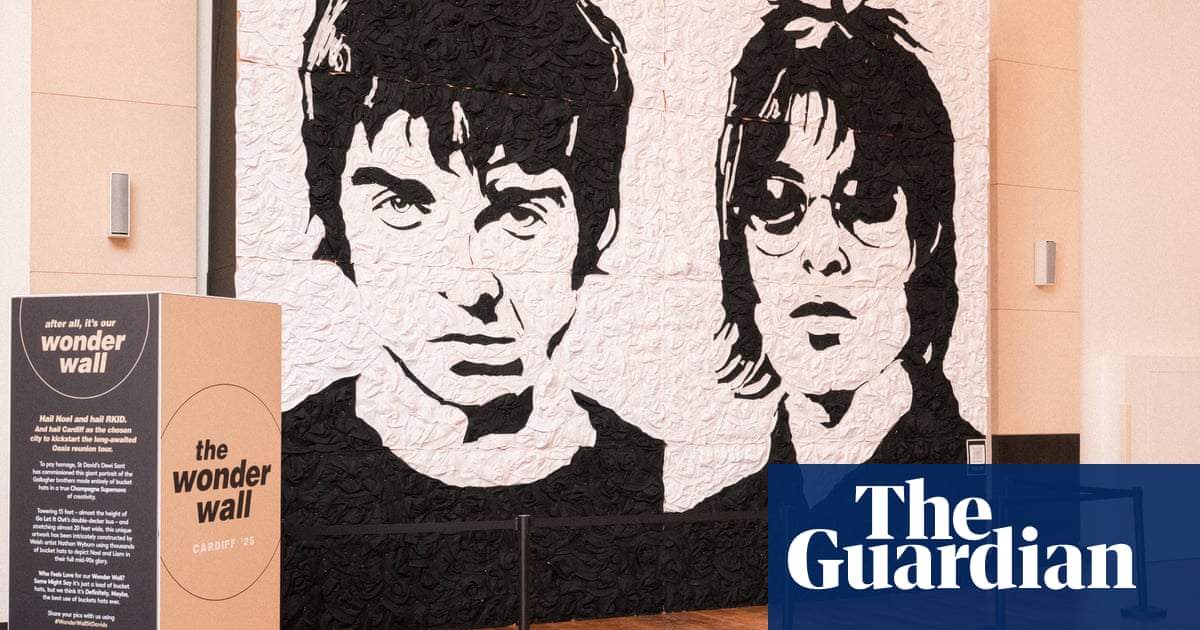News that Indian prime minister Narendra Modi will receive Trinidad and Tobago’s highest honour during a historic visit to the country has been welcomed by the Indo-Trinidadian Hindu population but has drawn strong objections from the country’s largest Muslim organisation.
Modi’s two-day visit to the country on Thursday marks the first time a sitting Indian prime minister sets foot in Trinidad and Tobago. Modi accepted the invitation from the recently appointed prime minister, Kamla Persad-Bissessar, who has longstanding diplomatic ties with India.
India and Trinidad and Tobago share a diplomatic relationship stretching back decades and anchored in the legacy of Indian indentureship.
Announcing the decision to honour Modi with the prestigious Order of the Republic of Trinidad and Tobago (ORTT) during his visit, the government described it as “a tribute of the nation’s appreciation for prime minister Modi’s outstanding contribution to the development of Trinidad and Tobago; and service to the region and wider international community”.
But on Wednesday the Anjuman Sunnat-ul-Jamaat Association (ASJA) said it planned to write to the prime minister’s office and the Indian high commission to express concern over the honour being extended to a political leader they say has a widely criticised human rights record.
In a statement signed by general secretary Rahimool Hosein, the ASJA said it has “deep and principled concern” about the state’s legitimisation of a figure they believe has emboldened religious intolerance in India and targeted the Muslim minority. “We cannot ignore Mr Modi’s political legacy and its ramifications for Muslim communities globally,” the organisation said.
The ASJA referenced the revocation of Kashmir’s special status, and the 2002 Gujarat riots, during which more than 1,000 people, mostly Muslims, were killed. Modi was the chief minister of Gujarat at the time, though the Indian supreme court cleared him of wrongdoing in 2022. The ASJA also pointed to continuing criticism from international human rights groups.
While some Muslim communities and human rights advocates have criticised Modi’s policies, he has also received state honours from several Muslim-majority countries, including Saudi Arabia, the United Arab Emirates and Egypt.
The ASJA said it welcomed opportunities for interfaith dialogue but were “compelled to clarify that interfaith dialogue requires more than polite diplomacy, it necessitates justice, truth, and accountability”.
About 35% to 40% of Trinidad and Tobago’s population is of Indian descent, one of the largest and most prominent Indo-diasporic communities in the Caribbean. Most trace their roots to the approximately 143,000 indentured workers brought from India between 1845 and 1917 to work on sugar estates after the abolition of slavery.
Leaders from the Indo-Trinidadian Hindu population have welcomed Modi’s visit. “This moment means something profound,” said Dr Devant Maharaj, a former UNC government minister and former executive member of the Sanatan Dharma Maha Sabha (SDMS), Trinidad and Tobago’s largest Hindu organisation.
Describing Modi as a “hero”, Maharaj said: “It is not just about politics or diplomacy. It is about the reawakening of a people who were once scattered but never severed. For Indo-Trinidadian Hindus, Modi’s India feels like a karmic realignment – a mother remembering her children, and the children looking homeward with both awe and affirmation.”
Under Modi’s leadership, India has sought to deepen ties with the Caribbean. Earlier this year, he visited the oil-rich Caribbean nation of Guyana, where he met with President Mohamed Irfaan Ali and other leaders from the Caribbean Community (Caricom), an intergovernmental organisation of 15 Caribbean nations, at a Caricom-India Summit.
On social media, there have been mixed reactions to the visit, with some people supporting diplomatic ties and others questioning the logic behind the ORTT honour.
Modi’s trip to Trinidad and Tobago is said to be a part of a broader diplomatic tour spanning Africa and the Americas. After departing Port of Spain on 4 July, the prime minister will travel to Argentina, Brazil and Namibia.
The Guardian has contacted Persad-Bissessar’s office for comment and the Indian high commission in Trinidad and Tobago.

 6 hours ago
4
6 hours ago
4




